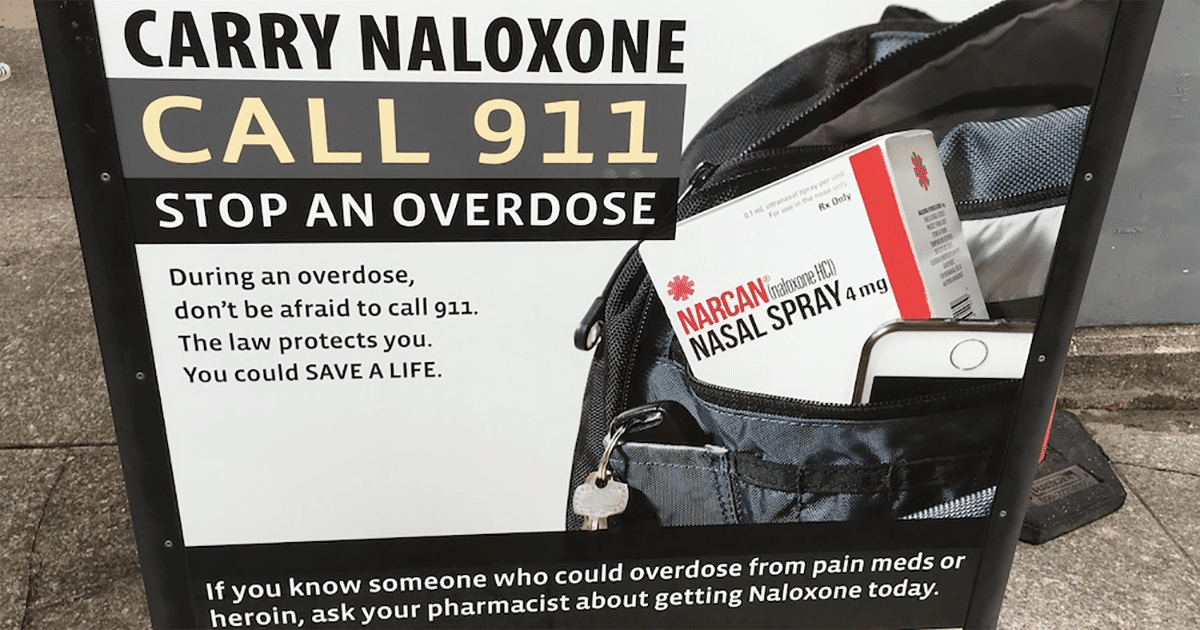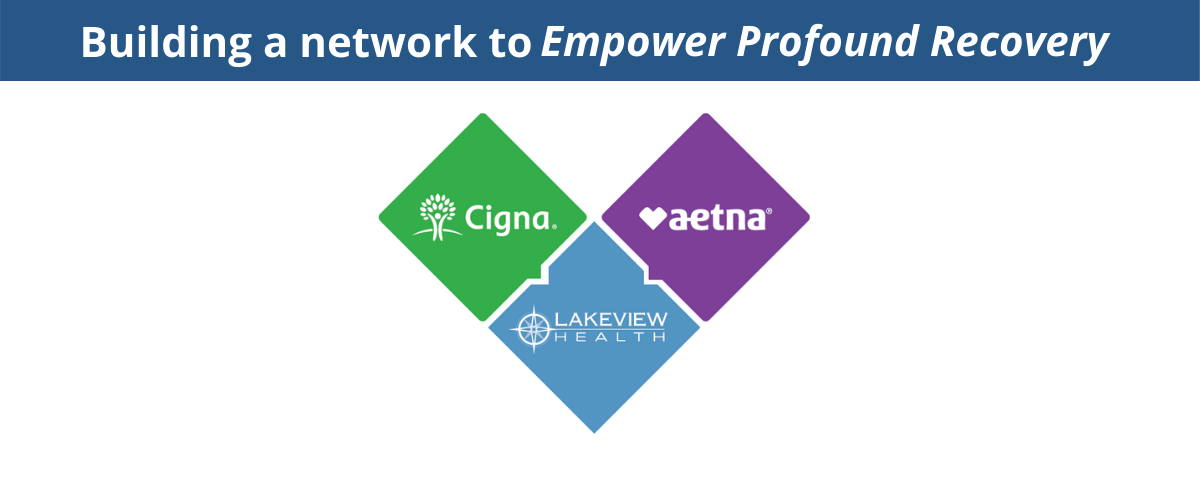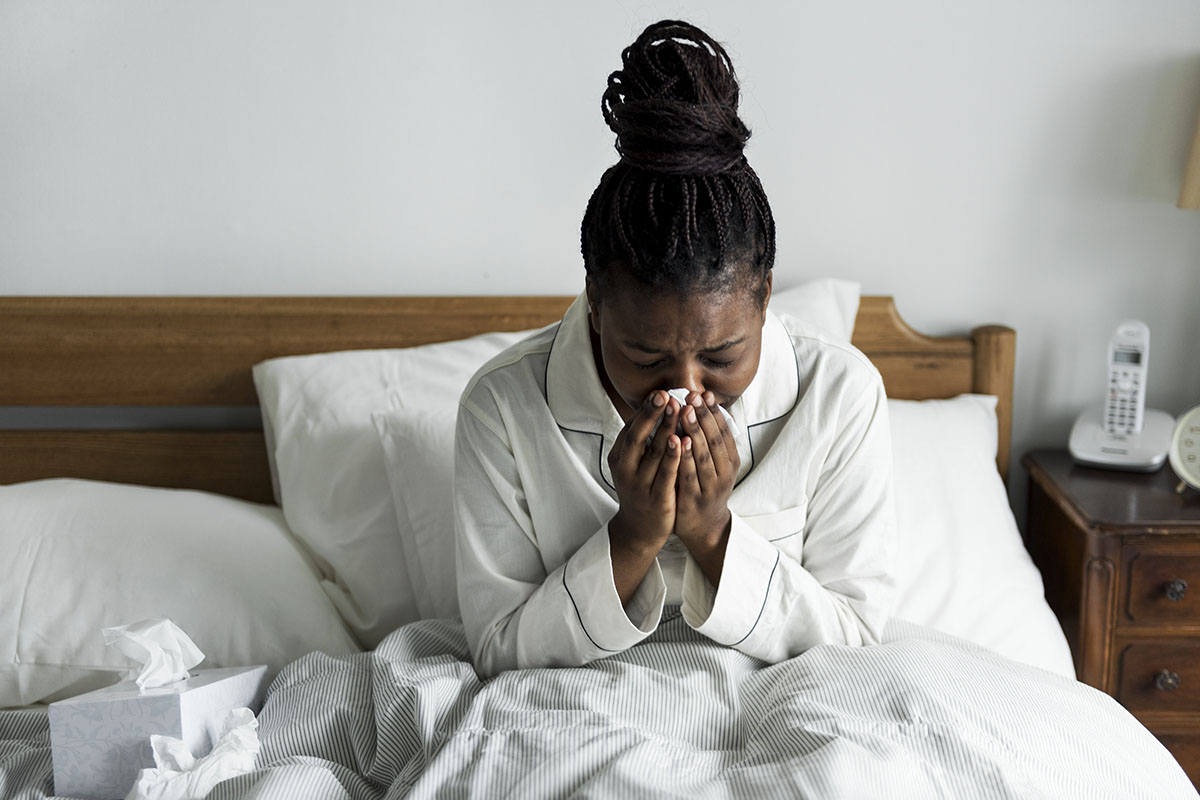

By: Lakeview Health
Opioid Epidemic in New England Far from Over
New England has been among the hardest-hit regions in the opioid epidemic. The rate of drug overdose deaths in the six northeastern states remains at or above the national average, according to recent data from the Centers for Disease Control and Prevention. Some encouraging news for Massachusetts came out in February with preliminary data from the Massachusetts Department of Health showing deaths from opioid overdoses decreasing slightly in the Commonwealth from 2016 to 2017. Neighboring New Hampshire still ranks third in the nation in the rate of drug overdose deaths according to data from the National Center for Health Statistics. Nationally, the crisis shows no signs of abating, as the rate of opioid overdose deaths increased almost 28 percent from 2015 to 2016. In his most recent state of the state address, New Hampshire Governor Chris Sununu pointed out that the opioid crisis remains the state’s most serious challenge. “This crisis touches every corner of our community. We see the impact of addiction in our schools, churches, and at work. As Governor, it is my belief that we need to expand the focus of recovery programs.” More access to addiction treatment is also the goal in Massachusetts. At a forum in Boston on the opioid crisis, Massachusetts Governor Charlie Baker—who was a member of President Donald Trump’s Commission on Combating Drug Addiction and the Opioid Crisis—emphasized the “goal here should be to get people into treatment.” Getting people into treatment is the job of Catherine Collins, who represents Lakeview Health in New England. She works with hospitals, physicians, and patients to find out whether Lakeview Health in Jacksonville might be a good fit for New Englanders with substance use disorders. “Some are reluctant to consider a place in Florida for out-of-state addiction treatment because it’s far away from home,” says Collins. “But many change their mind when they learn that moving away from your drug- and alcohol-using triggers in the home environment can actually improve your chances of a successful recovery.” On the ground, there are also structural difficulties to overcome. Often, clinics don’t have an adequate mechanism to get patients with SUDs into addiction treatment quickly enough when they are actually prepared to go into recovery. “Some hospitals in the Boston area are ahead of the curve and have dedicated persons or even teams to refer patients with substance use disorders to treatment facilities,” she says. “That can be very effective and sometimes lifesaving for patients.” Collins can certainly confirm Governor Sununu’s assessment that the addiction crisis touches every corner of the community. Lately, she has seen a lot of women in their forties and fifties with alcohol use disorder. “These are mothers and housewives. They send the kids to school and turn to alcohol to self-medicate emotional pain. Addiction is a disease that can happen to anybody.” Lakeview Health in Florida is one of the premier addiction treatment centers in the United States specializing in dual-diagnosis therapies and trauma-informed care. The treatment is gender- responsive, and a typical length of stay at Lakeview is 45 days, during which the patient can build a solid foundation for long-term recovery. “Lakeview also excels at aftercare, which is crucial,” explains Collins. “We discharge clients with long-term aftercare plans. We connect people with housing, outpatient treatment programs, a psychiatrist back home, or whatever the need of the patient might be.” The primary care physician may be involved in the recovery process from start to finish. And when patients return home to New England, Collins is often involved in finding the best arrangement for them to relaunch their life in sobriety.





